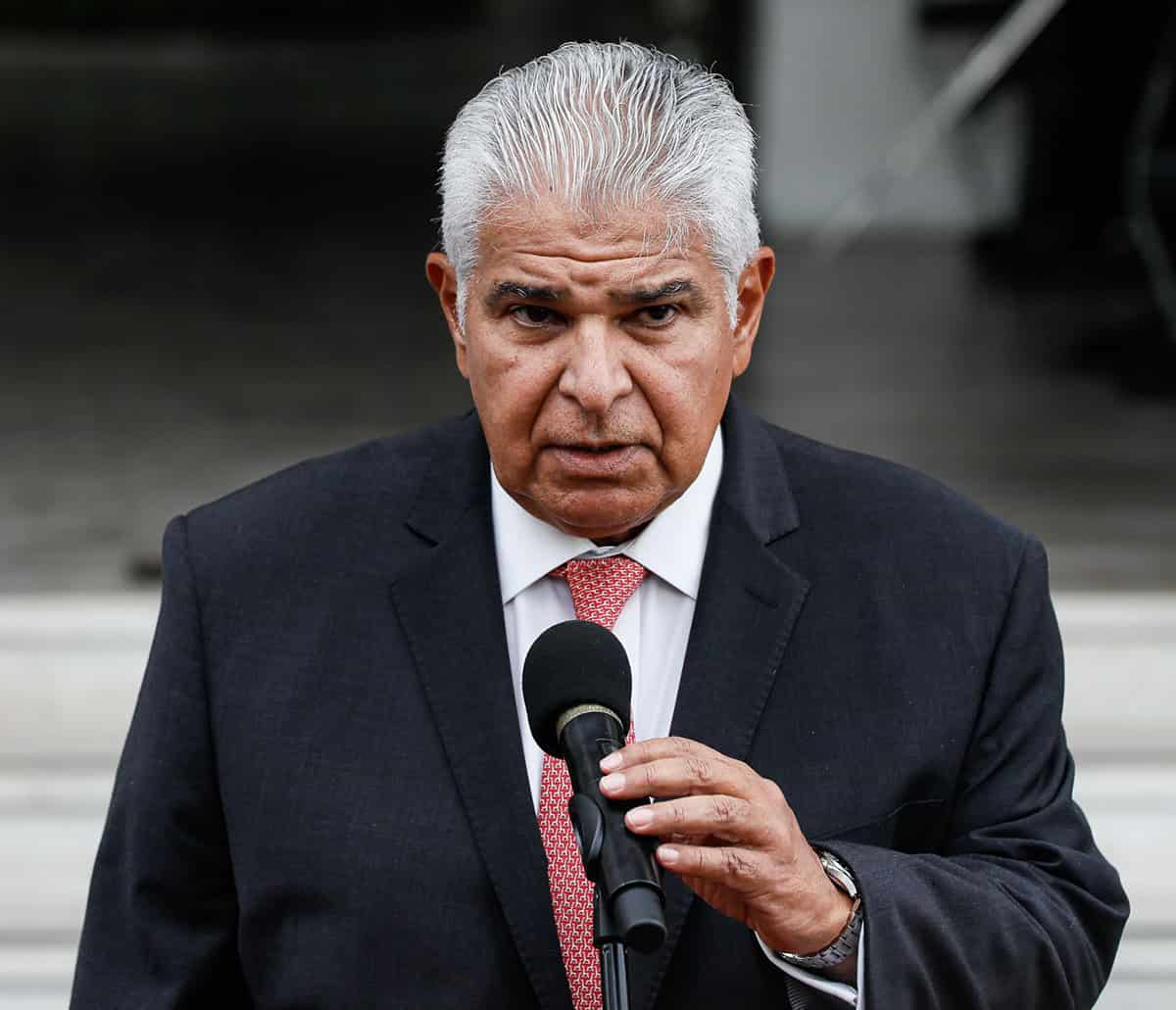José Raúl Mulino is the president-elect of Panama, following his victory in the May 5 polls. The balloting saw the highest turnout since the end of military rule in 1989, and with 34.23% of the vote, Mulino beat his closest rival by almost 10 points.
“It has been a very difficult campaign full of all kinds of obstacles,” Mulino said. “I will definitely do what I have to do to move this country forward.”
Restoring confidence in Panama’s economy tops the incoming chief executive’s agenda, but several headline issues could sidetrack him. These include a campaign promise to close the Darién Gap with Colombia, a lawless jungle territory through which 150,000 migrants headed for the US have so far passed in 2024.
Panama also faces three arbitration claims totalling more than $20 billion thanks to a November 2023 Supreme Court decision that the government’s contract with Minera Panamá was unconstitutional, shutting down the Cobre Panamá mine that accounted for some 75% of the country’s exports and 5% of its GDP. Mulino has promised talks with Canadian owners First Quantum.
On March 28, Fitch Ratings lowered Panama’s sovereign debt rating to BB+ from BBB-. With another review coming up in the second half of this year, Mulino faces a fight over the nation’s investment status.
That won’t be helped by an impending verdict in the Panama Papers trial, which promises to dredge up reputational issues in the country’s banking system. The case is based on 11.5 million leaked documents from legal firm Mossack Fonseca, leaked in April 2016, that detailed offshore entities, financial and lawyer-client privileged information.
Nor is the country’s most famous asset free from troubles. While traffic increased through the Panama Canal—up to 31 ships per day—authorities expect it will take until next year to return to normal following a severe drought. The Panama Canal Authority registered $4.97 billion in revenue in 2023, up 14.9% on 2022.
Despite these problems, Mulino promised 7% economic growth, better access to public services in rural areas and job creation. The International Monetary Fund, though, has projected GDP growth at just 2.5% this year. Mulino, a maritime lawyer, has previously held cabinet-level positions in multiple governments. He is to begin his presidency on July 1.




